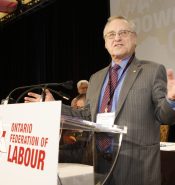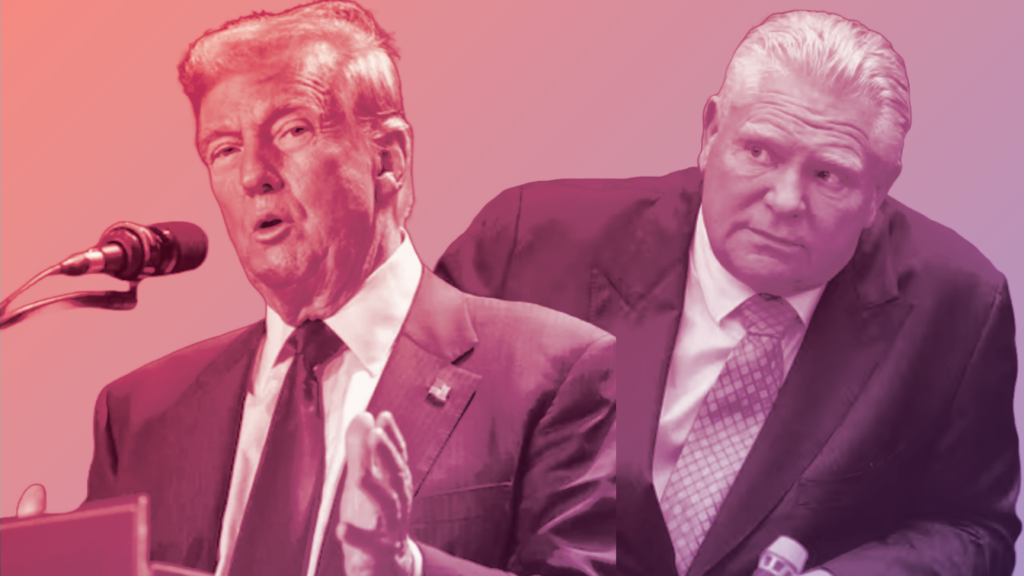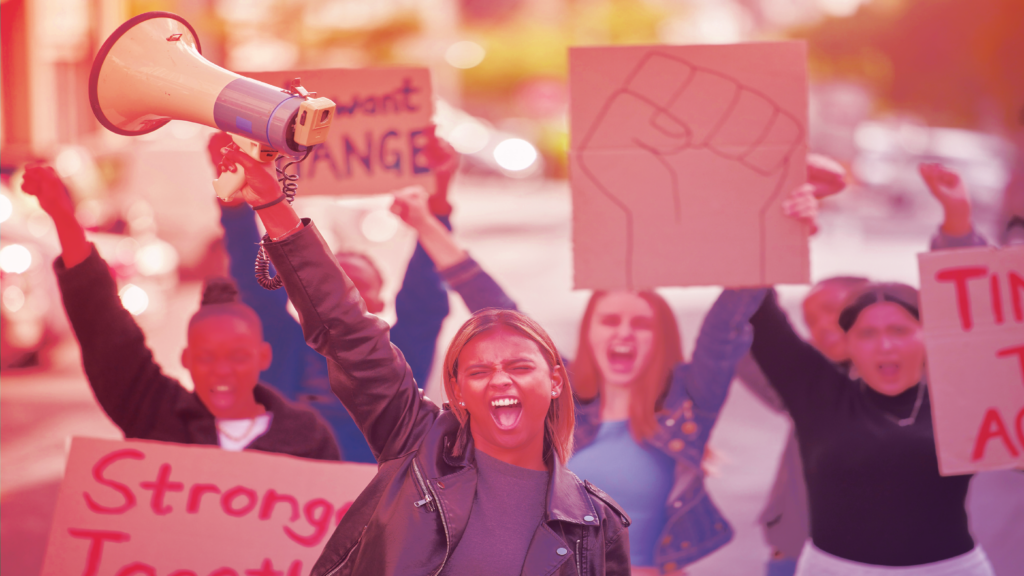 Human rights have never been more important in this world, Stephen Lewis told delegates in his keynote address on Wednesday, at OFL’s 2017 Power ON convention.
Human rights have never been more important in this world, Stephen Lewis told delegates in his keynote address on Wednesday, at OFL’s 2017 Power ON convention.
The co-founder and co-director of Aids-Free World, and Board Chair of the Stephen Lewis Foundation discussed the critical role of the labour movement in the struggle for equality.
“What most of the world fails to understand is that the trade union movement does not consist purely of collective bargaining and labour relations. You fight for justice at every front,” said Lewis. “I’ve been a proud ally of the trade union movement for a very long time.”
A Companion of the Order of Canada, Lewis stressed that violence against women increasingly grips the world, and that there’s a growing understanding that gender equality is one of our great struggles. He further noted that it is up to activists to set the example within the trade union movement and within workplaces by ensuring gender equality is a fundamental human right.
Lewis elaborated on the important work Aids-Free World is doing to fight homophobic legislation in Jamaica, legislation he described as “profoundly intolerant and discriminatory.”
But he noted that Canada is not exempt from discriminatory laws, public harassment, even violence. He referred to the attack on a Quebec mosque in January of this year, and Quebec’s recent passing of Bill 62 in Quebec which he said is an attack on the human rights of Muslim communities.
“Bill 62 has no place in the fabric of Canadian life,” he said.
Lewis recalled witnessing testimony given during the Truth and Reconciliation hearings for survivors of the residential school system, and wondering if the world had gone mad.
“What we have done to Indigenous people here in this country, is a scar on the landscape of the Canadian heart,” he said. “What is it that allows people with a kind of demonic colonial mindset to do such harm to the First Peoples of this country,” he asked.
Lewis said he believes that unions can be “the pinnacle of angelic common sense,” in fighting racism and discrimination in this country.
“In the trade union movement, you can do something to correct these injustices.”


